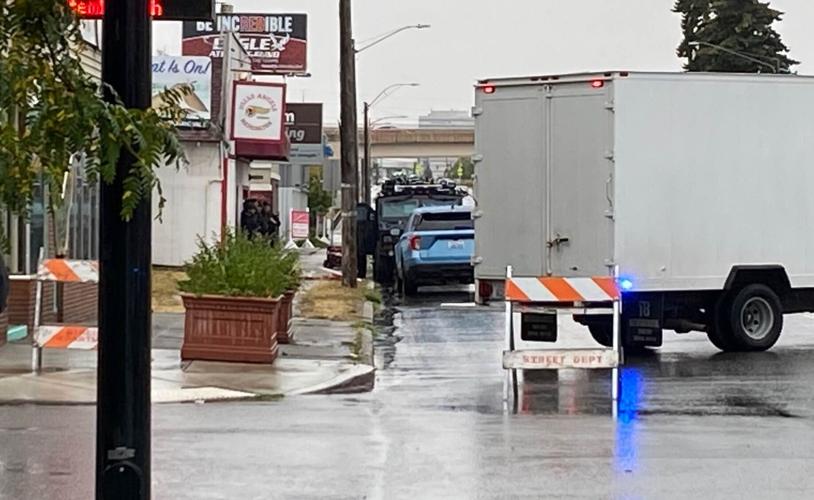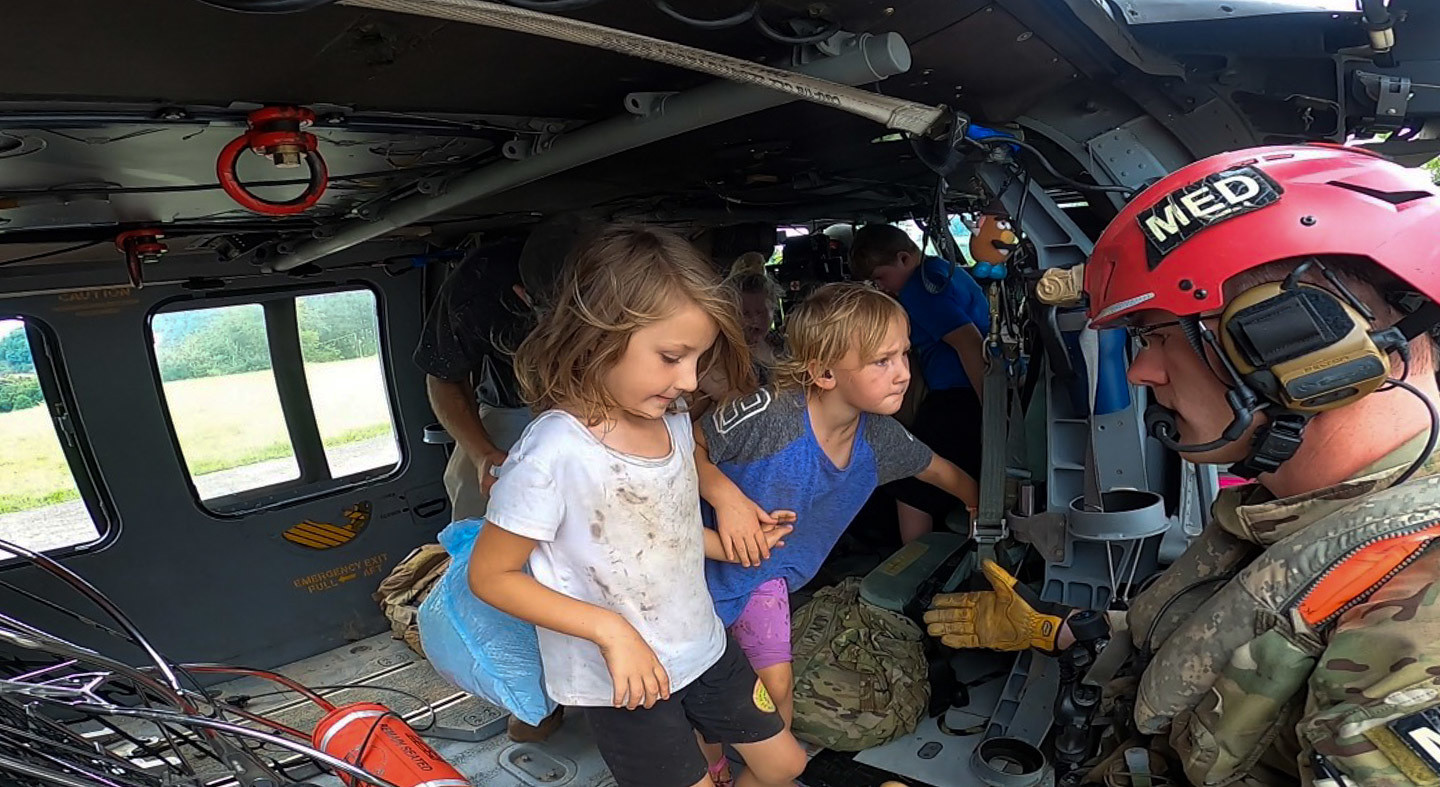Hells Angels: Criminal Activities And Law Enforcement Response

Table of Contents
The Hells Angels' Criminal Enterprise: A Multifaceted Threat
The Hells Angels' criminal activities extend far beyond the stereotypical image of motorcycle riders. Their operations are sophisticated, highly organized, and represent a significant threat to global security. Their criminal enterprise is multifaceted, encompassing various illegal activities that generate substantial profits and maintain their power.
Drug Trafficking: A Cornerstone of the Hells Angels' Empire
The Hells Angels are deeply involved in the international drug trade, acting as major players in manufacturing, distribution, and smuggling. Their involvement spans numerous narcotics, contributing significantly to the global drug problem.
- Large-scale methamphetamine production and distribution: The Hells Angels are known to establish clandestine methamphetamine labs, often utilizing sophisticated techniques to maximize production and evade detection. Their distribution networks reach across national borders, fueling addiction and violence in communities worldwide.
- Cocaine trafficking networks spanning multiple continents: The club's cocaine trafficking operations are extensive, leveraging international connections to smuggle large quantities of cocaine from South America to North America and Europe. Their influence in ports and transportation hubs facilitates efficient smuggling.
- Money laundering schemes to conceal profits from drug sales: The vast profits from drug trafficking require intricate money laundering schemes. The Hells Angels utilize a range of methods, including shell corporations, offshore accounts, and real estate transactions, to conceal their illicit earnings.
- Use of motorcycle clubs as a cover for drug operations: The seemingly legitimate nature of motorcycle clubs provides an effective cover for their criminal activities. The structure and camaraderie within the club facilitate the movement of drugs and money, making it difficult for law enforcement to penetrate.
Extortion and Racketeering: Maintaining Control Through Intimidation
The Hells Angels use intimidation and violence to extort businesses and individuals, ensuring a steady stream of revenue and maintaining control over their territories. Their reputation for violence precedes them, making resistance exceptionally risky.
- Protection rackets targeting businesses in specific territories: Businesses operating in areas controlled by the Hells Angels are often forced to pay "protection" money, guaranteeing "safety" from other criminal elements—a safety they often orchestrate themselves.
- Violent assaults and threats to enforce extortion demands: The Hells Angels readily employ violence to enforce their demands. Assaults, vandalism, and threats are common tactics used to coerce victims into compliance.
- Infiltration of legitimate businesses for money laundering and tax evasion: The Hells Angels infiltrate legitimate businesses to launder money and evade taxes. This allows them to blend illicit funds with legitimate income, making it harder to trace the origins of their wealth.
- Use of violence to maintain control and eliminate competition: Violence is a cornerstone of the Hells Angels' power. They use violence to eliminate competition, intimidate rivals, and maintain control over their criminal enterprises.
Weapons Trafficking and Illegal Firearms: Fueling Violence and Intimidation
The Hells Angels are heavily implicated in the illegal acquisition and distribution of firearms, providing themselves and other criminal organizations with the tools for violence and intimidation.
- Smuggling of weapons across international borders: The Hells Angels utilize their international connections to smuggle weapons across borders, circumventing regulations and avoiding detection.
- Illegal arms sales to criminal organizations: The club acts as a supplier of illegal firearms to other criminal groups, further fueling violence and instability in various regions.
- Use of firearms in violent crimes and intimidation tactics: Firearms are integral to the Hells Angels' operations, used in violent crimes, assaults, and to instill fear in their victims.
- Stockpiling of weapons for future use: The Hells Angels maintain stockpiles of weapons, demonstrating their preparedness for violence and their capacity to escalate conflicts.
Law Enforcement Strategies Against the Hells Angels
Combating the Hells Angels requires a multi-pronged approach employing various sophisticated strategies by law enforcement agencies worldwide. The challenges are immense, but progress is being made.
Infiltration and Undercover Operations: Penetrating the Inner Circle
Infiltration and undercover operations are crucial for gathering intelligence and building strong cases against Hells Angels members. These operations are complex and require significant resources and commitment.
- Long-term investigations requiring meticulous planning and execution: Penetrating the Hells Angels requires long-term investigations with careful planning and execution to maintain the integrity of undercover agents and gather sufficient evidence.
- Challenges of maintaining undercover identities within a tightly knit organization: Maintaining a cover identity within a tightly knit organization like the Hells Angels presents significant challenges, requiring agents to maintain believable personas and avoid detection.
- Gathering evidence for successful prosecutions: The goal of these operations is to gather irrefutable evidence that can be used to secure successful prosecutions of Hells Angels members.
- Use of wiretaps and surveillance technology: Law enforcement agencies utilize wiretaps, surveillance technology, and other investigative tools to gather evidence and monitor the activities of Hells Angels members.
Financial Investigations and Asset Forfeiture: Targeting the Financial Lifeline
Disrupting the Hells Angels' financial networks is vital for weakening their power and ability to operate. Financial investigations and asset forfeiture are key tools in this effort.
- Tracing money laundering schemes and identifying assets obtained through illegal activities: Law enforcement agencies trace the flow of money through complex money laundering schemes to identify assets acquired through illegal activities.
- Seizing assets such as real estate, vehicles, and bank accounts: Seizing assets obtained through criminal activity deprives the Hells Angels of their financial resources and weakens their operational capacity.
- Civil asset forfeiture laws used to confiscate ill-gotten gains: Civil asset forfeiture laws allow law enforcement to seize assets without having to prove criminal intent, expediting the process of depriving the Hells Angels of their resources.
- International cooperation to track financial flows across borders: Tracking financial flows across international borders requires close cooperation between law enforcement agencies in different countries.
Collaboration and Information Sharing: A Global Effort
Effective law enforcement against the Hells Angels necessitates seamless collaboration and information sharing between various agencies and international partners.
- Sharing of intelligence between local, national, and international law enforcement bodies: Sharing intelligence between law enforcement agencies at different levels is critical for building comprehensive cases and coordinating effective operations.
- Joint task forces to coordinate investigations and operations: Establishing joint task forces allows law enforcement agencies to pool resources and expertise, facilitating more efficient investigations and operations.
- International cooperation agreements to facilitate cross-border investigations: International cooperation agreements are essential for conducting investigations that span national borders, enabling law enforcement agencies to overcome jurisdictional obstacles.
- Sharing of best practices and strategies for combating Hells Angels activity: Sharing best practices and strategies allows law enforcement agencies to learn from each other's experiences and refine their methods for combating Hells Angels activity.
Conclusion: The Ongoing Fight Against the Hells Angels
The Hells Angels Motorcycle Club represents a significant and multifaceted criminal threat, engaging in various illegal activities that demand a robust and coordinated law enforcement response. While effective strategies such as infiltration, financial investigations, and international collaboration exist, the challenges of dismantling these deeply entrenched criminal networks remain considerable. Continued vigilance, improved intelligence gathering, and strong international cooperation are crucial in the ongoing fight against the Hells Angels and their criminal enterprises. Understanding the methods employed by the Hells Angels and the strategies used to combat them is vital for effectively tackling this persistent threat. Learning more about Hells Angels criminal activities and the subsequent law enforcement response is essential for protecting communities worldwide. The fight against the Hells Angels is far from over, and continued efforts are needed to disrupt their operations and bring their members to justice.

Featured Posts
-
 Rtbf Et Les Diables Rouges Analyse D Une Dynamique Renouvelee
May 26, 2025
Rtbf Et Les Diables Rouges Analyse D Une Dynamique Renouvelee
May 26, 2025 -
 Relay Race Victory Earns T Bird Girls Home Invite
May 26, 2025
Relay Race Victory Earns T Bird Girls Home Invite
May 26, 2025 -
 Did Anna Wintour Ban Naomi Campbell From The 2025 Met Gala
May 26, 2025
Did Anna Wintour Ban Naomi Campbell From The 2025 Met Gala
May 26, 2025 -
 Debloquer La Rtbf A L Etranger Solutions Et Alternatives
May 26, 2025
Debloquer La Rtbf A L Etranger Solutions Et Alternatives
May 26, 2025 -
 Pennsylvania Flash Flood Warning Extended Through Thursday Morning
May 26, 2025
Pennsylvania Flash Flood Warning Extended Through Thursday Morning
May 26, 2025
Latest Posts
-
 Assessing The Likelihood Of A Jonathan Tah Transfer To Manchester United
May 29, 2025
Assessing The Likelihood Of A Jonathan Tah Transfer To Manchester United
May 29, 2025 -
 Could Jonathan Tah Be Manchester Uniteds Next Defensive Signing
May 29, 2025
Could Jonathan Tah Be Manchester Uniteds Next Defensive Signing
May 29, 2025 -
 Manchester Uniteds Pursuit Of Jonathan Tah A Realistic Opportunity
May 29, 2025
Manchester Uniteds Pursuit Of Jonathan Tah A Realistic Opportunity
May 29, 2025 -
 Memorial Service Held For Nky Environmentalist Killed In Floods
May 29, 2025
Memorial Service Held For Nky Environmentalist Killed In Floods
May 29, 2025 -
 Jonathan Tah To Manchester United Transfer Speculation And Analysis
May 29, 2025
Jonathan Tah To Manchester United Transfer Speculation And Analysis
May 29, 2025
